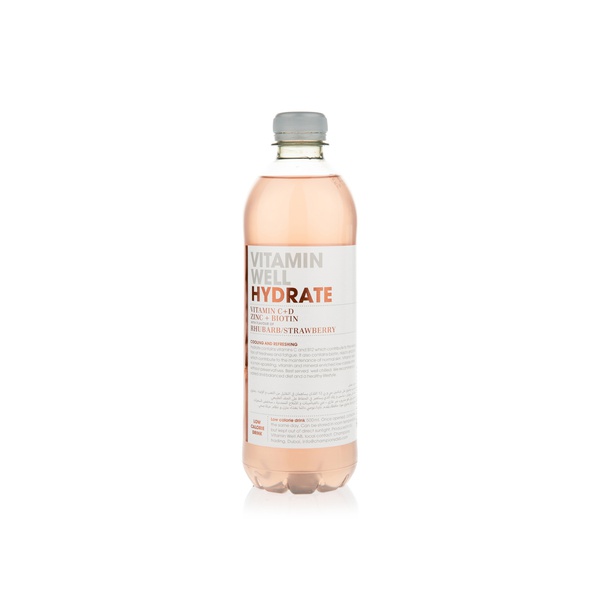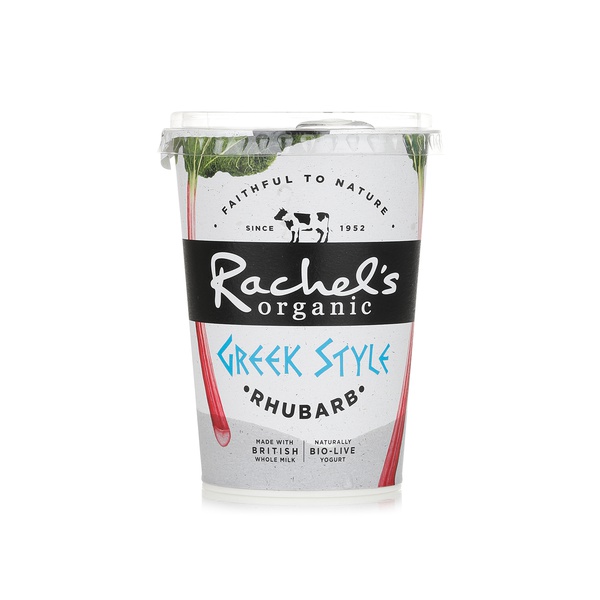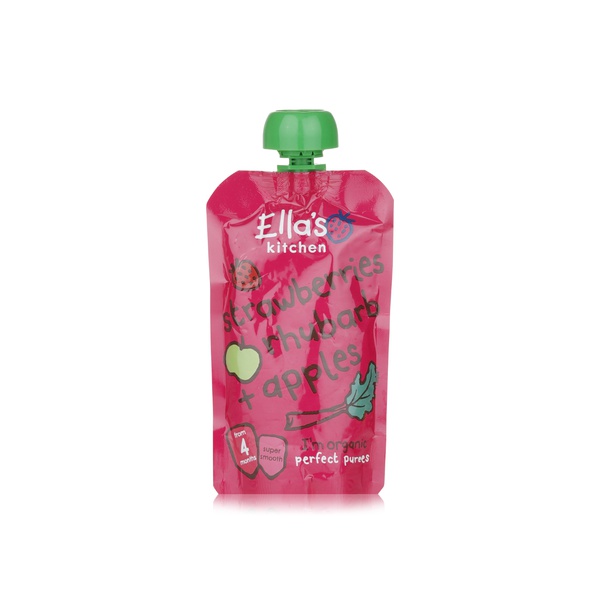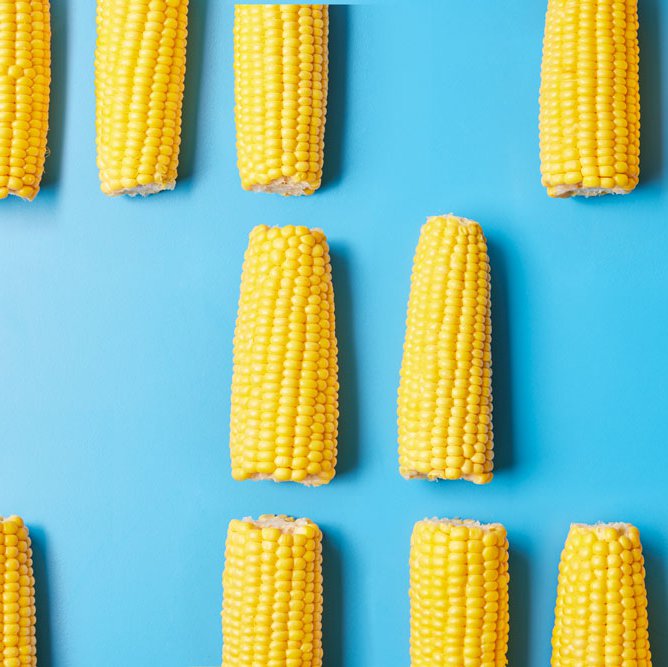Five ways with rhubarb
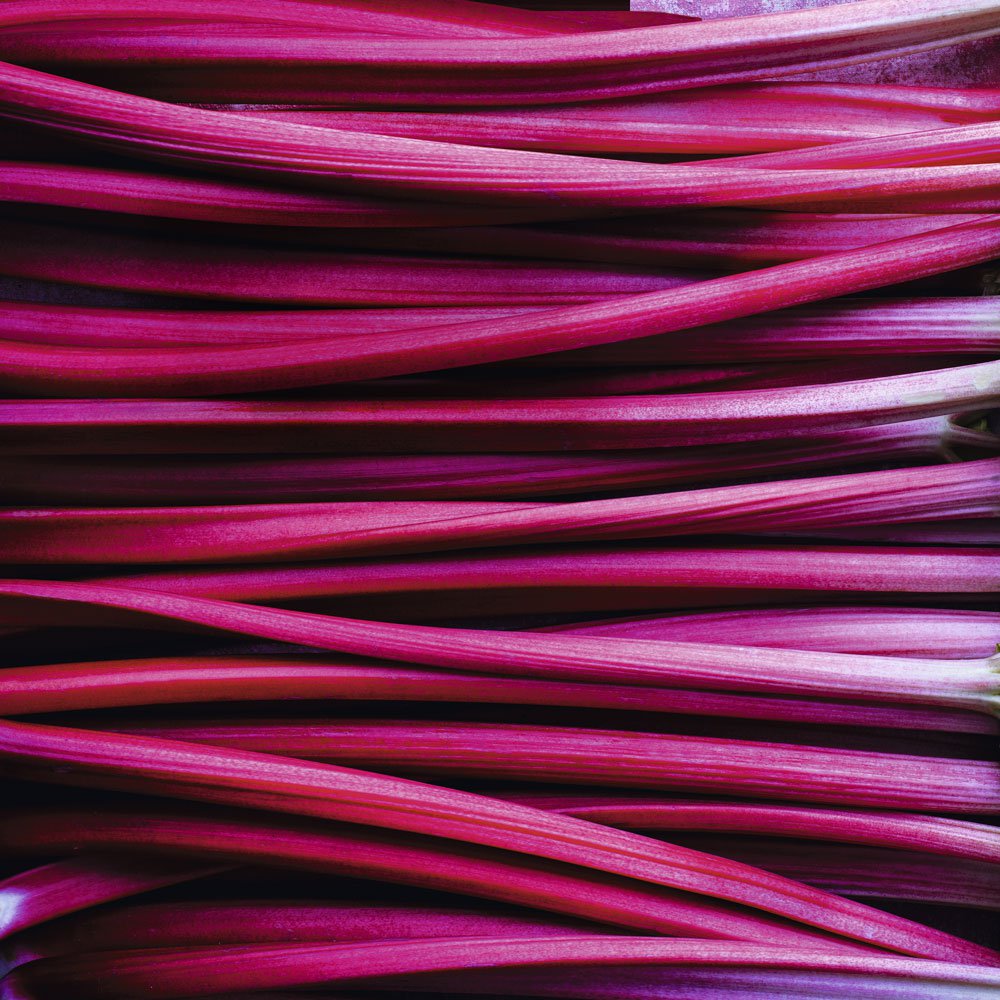
1
For a simple pud, cut rhubarb into 5cm lengths, then arrange in a pan in a single layer. Scrub an orange, then add strips of zest and the juice of ½, plus a little maple syrup. Cover and simmer gently for a few minutes until the rhubarb pieces are tender but still holding their shape. Tip into a dish to cool, then serve with yoghurt (or a plant-based alternative), topped with toasted chopped pistachios or other nuts.
2
Poach, adding a split vanilla pod and replacing the orange zest and juice with a splash of water. Cook the rhubarb for a little longer, until completely soft; remove the pod. Cool completely, then stir into raw oats along with a dash of kefir. Refrigerate overnight ready for breakfast, adding a scattering of toasted chopped nuts or seeds, if liked.
3
Arrange short lengths of rhubarb in a baking dish. Crush a few cardamom seeds, then scatter over the rhubarb with a splash of water and a drizzle of honey. Roast in a medium oven until broken down and soft. Cool, then serve on toasted rye bread with ricotta plus a sprinkling of mixed seeds.
4
Rhubarb’s confident flavour stands up admirably to oily fish. Lightly cook in a pan with a splash of water, a sprinkling of sugar, a bay leaf and a generous squeeze of lemon juice until completely tender but still holding its shape.
5
For quick-pickled rhubarb to pair with slow-cooked duck, heat equal quantities of cider vinegar and sugar with a few slices of fresh red chilli and root ginger. Add some thinly sliced rhubarb to the hot liquid and set aside to pickle for a few minutes until tender. Drain and serve the pickle alongside shredded duck with cucumber and sliced salad onions. Ideal with steamed noodles or rice.
RAVISHING RHUBARB
Rhubarb is a source of various polyphenols – plant compounds that act as antioxidants in the body, reducing cell damage. A diet rich in polyphenols may help protect against heart disease and promote gut health, among other health benefits.
Many of us are not hitting the daily 30g dietary fibre target, even though getting the right amount reduces the risk of colorectal cancer as well as obesity. Rhubarb can help – it’s high in fibre, with more than 9g fibre per 100 calories.
Rhubarb is a rich source of vitamin K, which contributes to healthy blood clotting and bone maintenance.
Like most fruit and veg, rhubarb contains potassium, which balances sodium in the body, reducing fluid retention and helping to maintain normal blood pressure.
Rhubarb also contains vitamin C – not quite enough to be considered a significant source, but it all adds up. Vitamin C helps reduce tiredness and fatigue as well as aiding the absorption of iron from plant-based sources.
Everything rhubarb
SHOP NOW”
